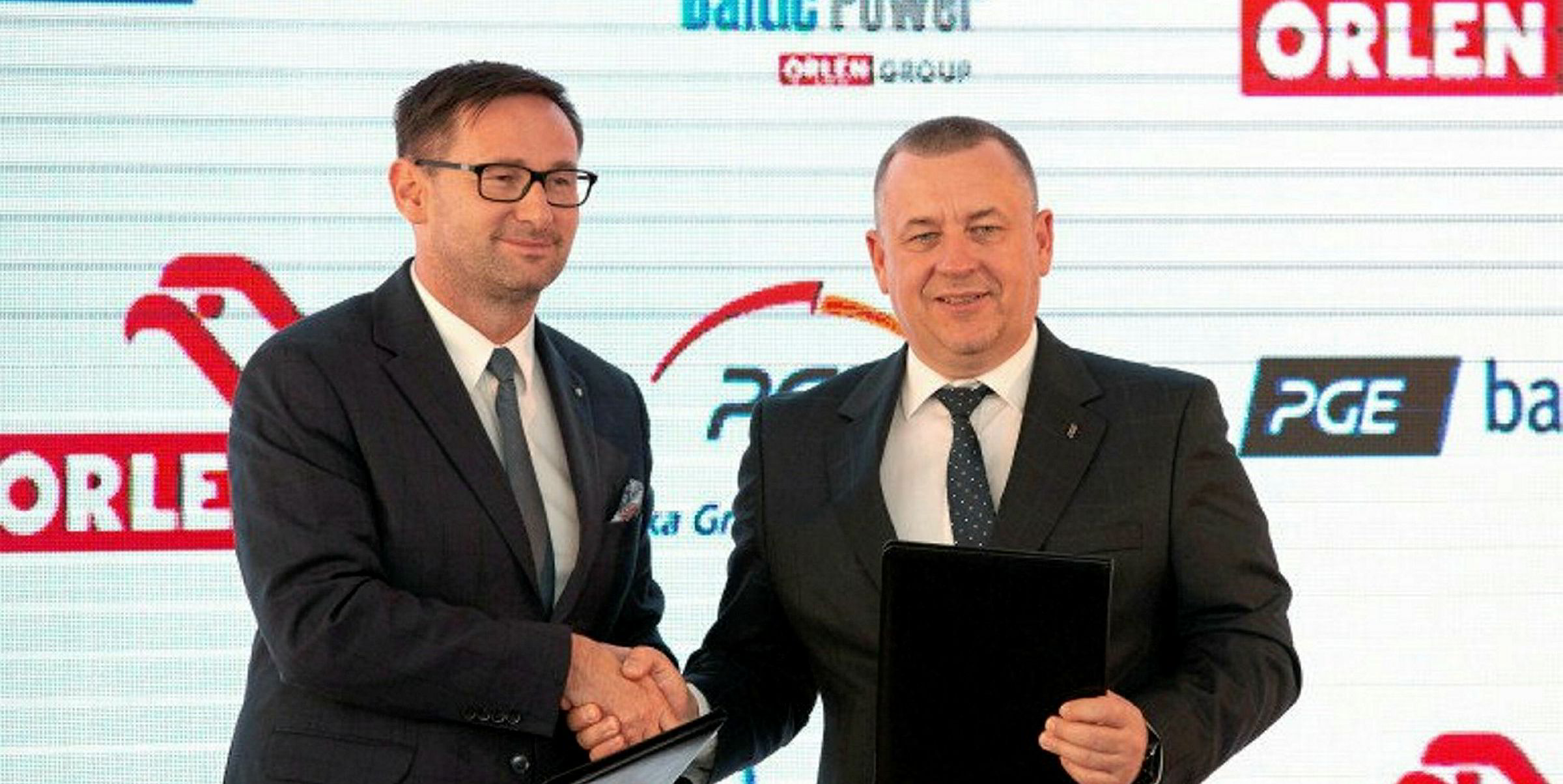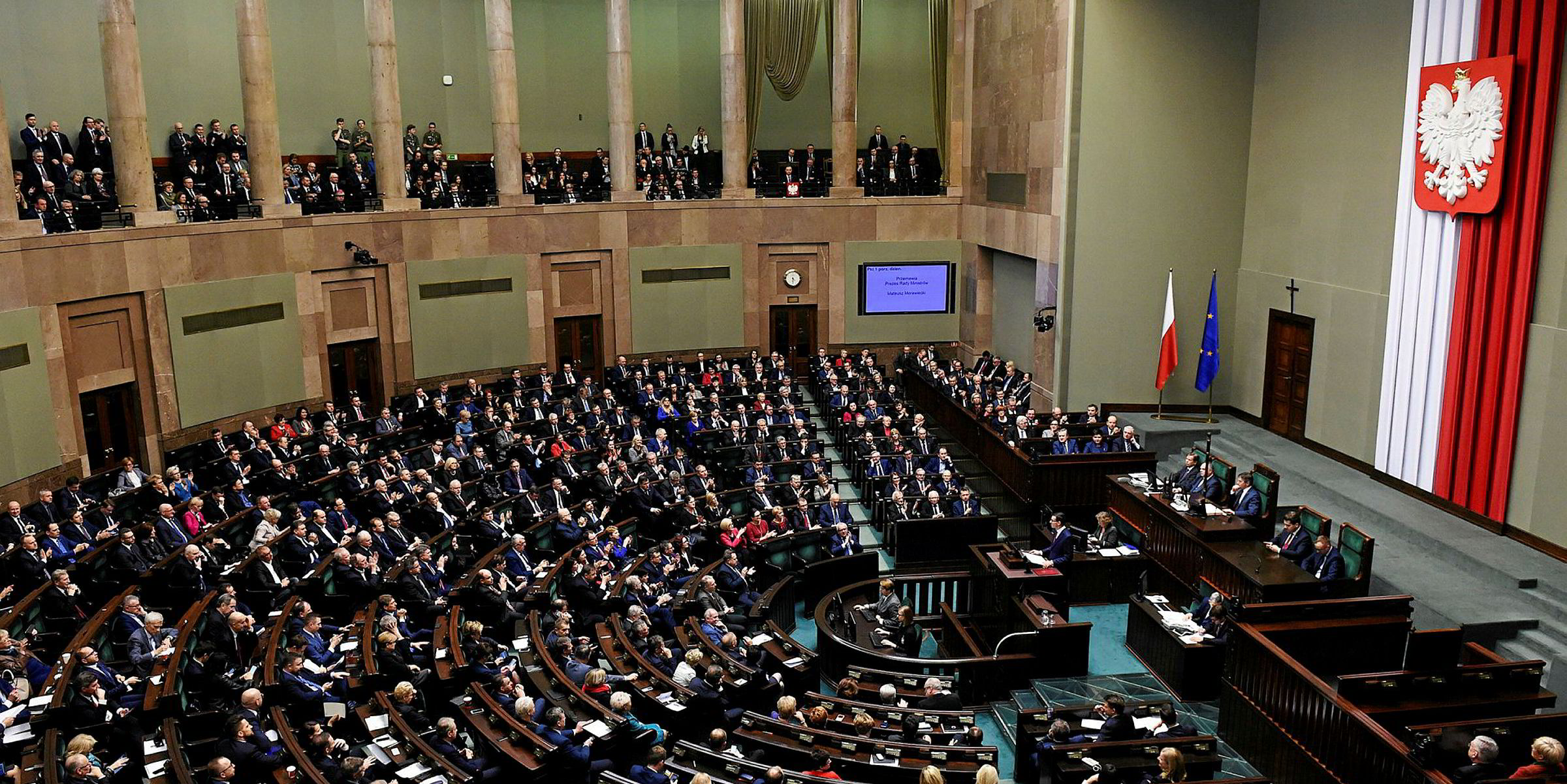Polish state-controlled utility PGE and oil refiner and petrol retailer PKN Orlen have signed a letter of intent on cooperation in the development of their combined 3.7GW of offshore wind projects in the Polish Baltic Sea.
The cooperation aims at maximising the share of Polish suppliers and contractors, while at the same time using synergy effects to push costs down.
Despite the cooperation, both companies will continue to seek strategic international partners to participate in the preparation, construction and operation of their concessions in the Baltic Sea.
“We are continuing the process of choosing a partner and, in accordance with the assumptions, we are planning to finalise it by the end of the year,” said PGE Baltica president Monika Morawiecka.
“We count on operational benefits, such as cost optimisation, network and technical solutions, as well as maritime logistics,” Daniel Obajtek, president of the management board of PKN Orlen added.
“The partnership will also allow for unification and strengthening of communication, including through joint talks with social organisations and the suppliers of key elements.”
PGE is developing the Baltica 1, 2 and 3 projects off the coast of the town of Łeba in Pomerania. The furthest developed projects, Baltica 2 and 3, have a joint planned capacity of 2.5GW. The utility has earlier said it aims at feeding first electricity from the Baltic Sea into the Polish grid in 2025. All three projects have location permits, while the procedure to receive an environmental permit is underway for Baltica 2 and 3.
PKN Orlen via its unit Baltic Power has started environmental tests and measurements of wind conditions in the area of its 1.2GW concession.
The letter of intent between the two companies includes:
- Exchange of know-how and information or joint acquisition of data necessary for the implementation of offshore wind farms;
- Preparation for investments in maritime infrastructure and supply logistics, including the assessment of key parameters of the accessibility of Polish ports, the services they offer and readiness to handle the construction of future wind farms;
- Potential cooperation in the design and construction of connection infrastructure, in consultation with the transmission system operator;
- Coordination of activities aimed at meeting the requirements for the supply of materials and services in the offshore wind energy sector, provided that such requirements will be introduced by generally applicable law;
- Joint or coordinated efforts to maximize Polish components in the offshore wind energy supply chain;
- Analysis of the possibilities of providing services for the operation, maintenance and servicing of functioning farms in the Baltic Sea or associated infrastructure;
- Coordination of public relations activities directed at key stakeholder groups.


